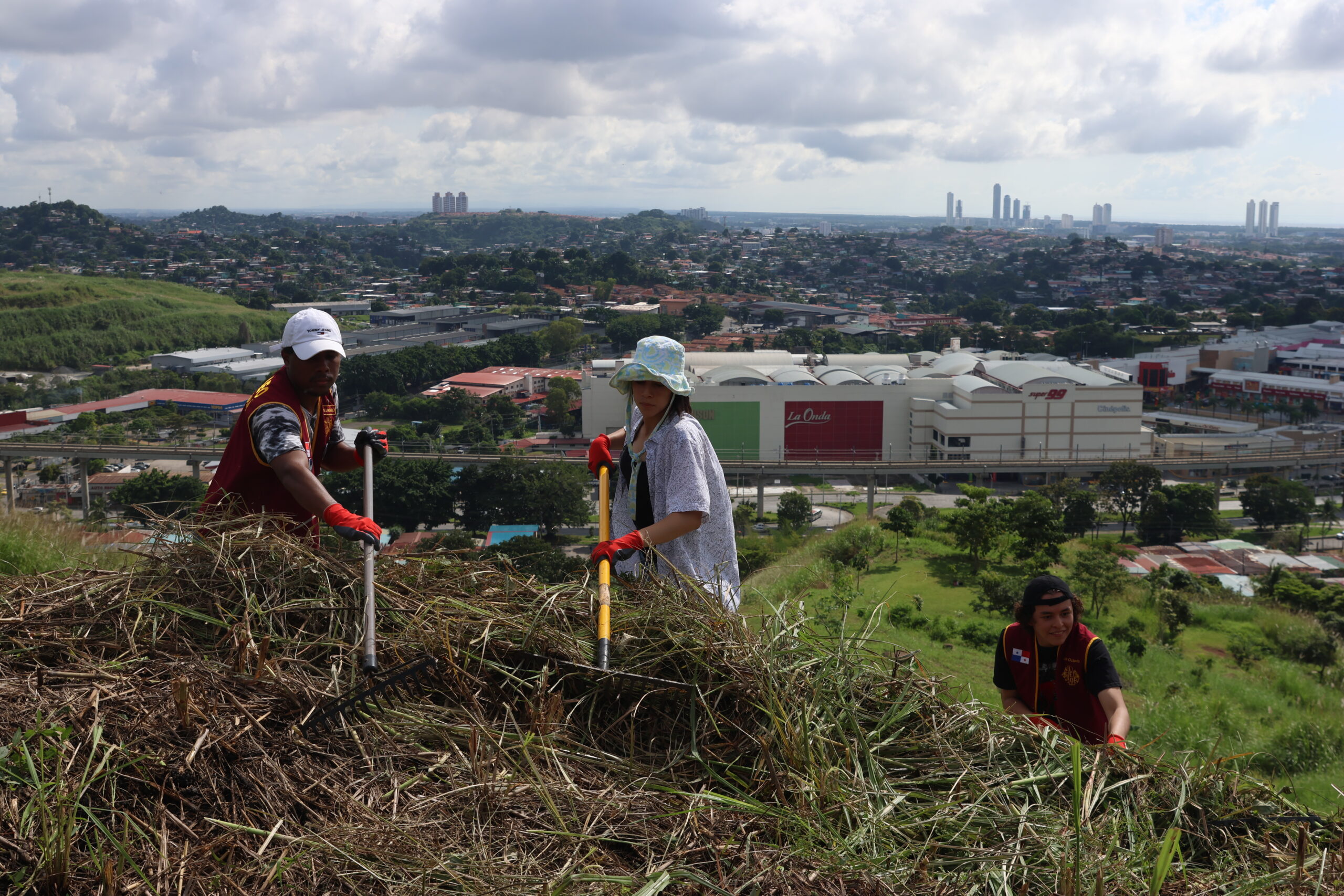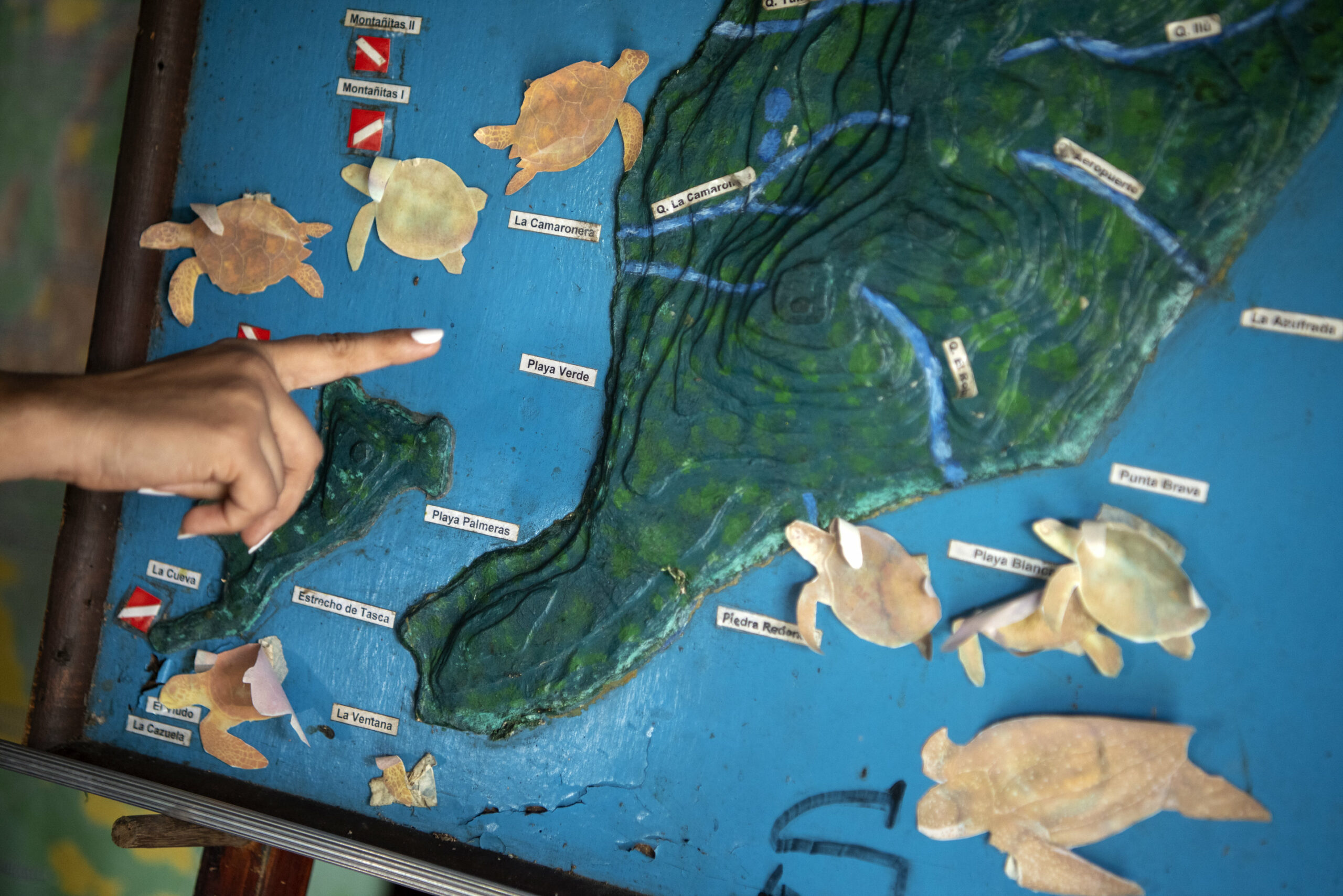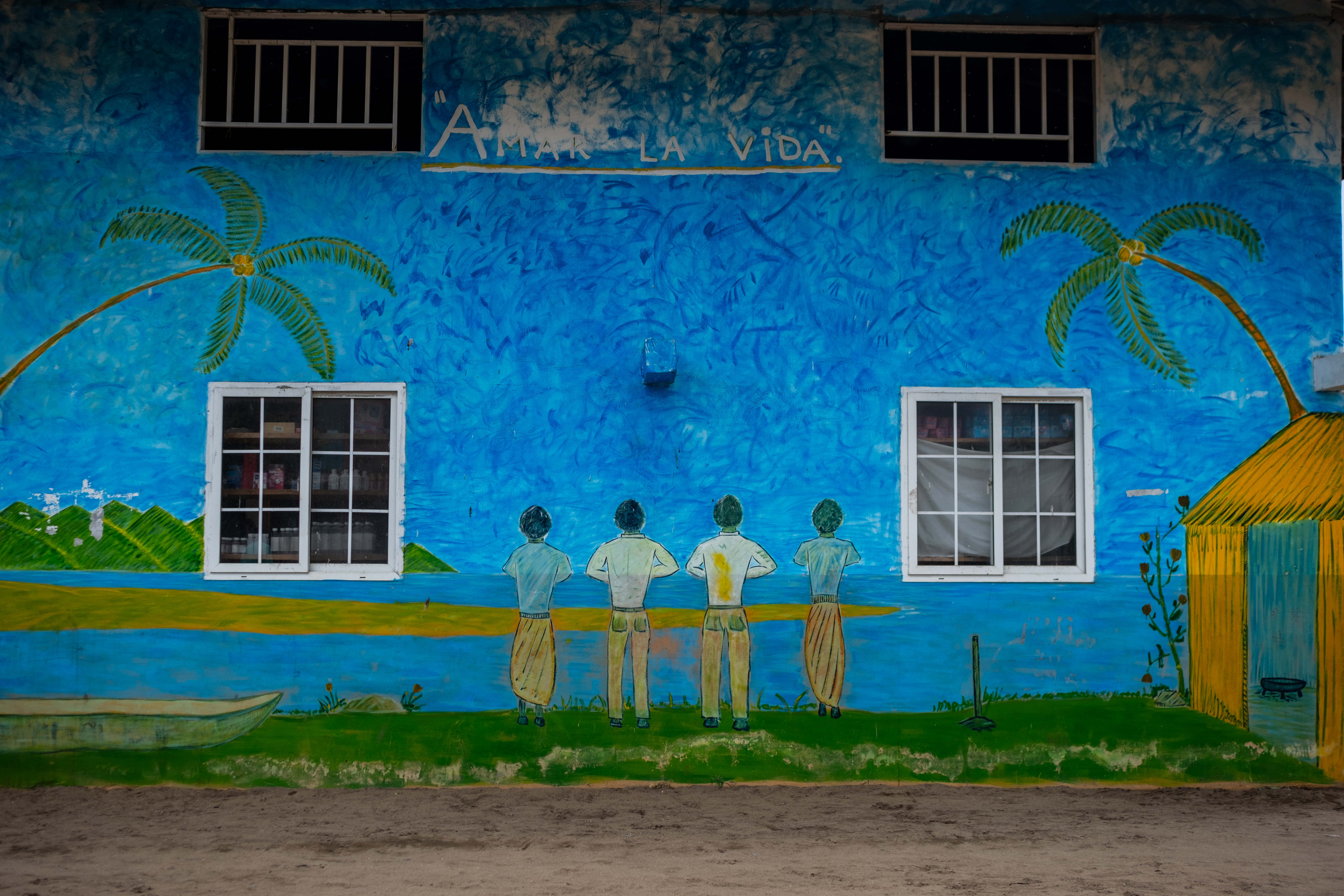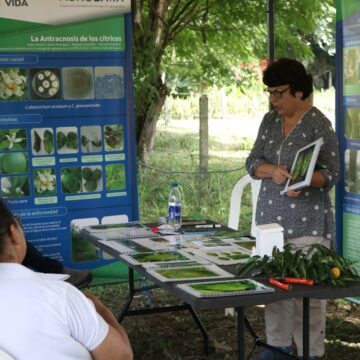Environmental Triangular Cooperation on the EU-LAC bi-regional agenda
SEGIB launches the first study in the framework of its project with the EU, in the analytical component of the ADELANTE 2 Program.

The study Environmental TC as a tool for the bi-regional alliance between the EU and Latin-America analyzes the historical trend of EU-LAC bi-regional Triangular Cooperation (TC) in this field; the most active stakeholders; the instruments that have been strengthened and those that still need to be improved; and the sectors/issues with the potential to enhance this partnership. It also identifies challenges and opportunities to promote bi-regional TC in general. The report was prepared by researchers from FLACSO Argentina.
It should be noted that the interest in this topic arises, among other reasons, as a result of the importance of this sector in the region’s overall TC. According to the latest Report on South-South and Triangular Cooperation in Ibero-America 2024, TC has been, over the last five years, the preferred modality to address environmental issues. This confirms the relevance of analyzing it in the framework of Ibero-American cooperation (SEGIB, 2024, p.35).

First, an analysis is made based on the data registered in SIDICSS, which provides detailed evidence on the trends that the initiatives which focus on this area had over time; on topics (biodiversity, pollution, climate change, disaster management); participating partners and thematic leadership; and on the alignment of actions, projects, and programs with the Sustainable Development Goals and the 2030 Agenda.
Second, based on the information provided by Ibero-American countries’ cooperation authorities, the authors review the motivations for establishing triangular partnerships in this area; the added value of TC compared to other modalities; the main challenges; and the identification of good practices. Subsequently, an analysis of these interviews and focus groups is presented in the third section, and the fourth chapter has a set of recommendations and opportunities for TC on Environment, in the framework of bi-regional cooperation.

Some of the conclusions show that bi-regional TC on environment is strongly oriented towards capacity strengthening in prioritized areas such as waste management, marine resource protection, water resource management, biodiversity conservation, and disaster management. Likewise, several countries stand out as the main partners in these types of associations, such as Germany, Spain, Luxembourg, and Portugal, as second providers; and Chile, Mexico, Brazil, Costa Rica, Colombia, and Argentina, as first providers, in Latin-America.
It is expected that this research will provide evidence for an improved cooperation on environmental issues, building on the foundations already laid by the Ibero-American community.

August 2025
***
Source and photos: SEGIB.

